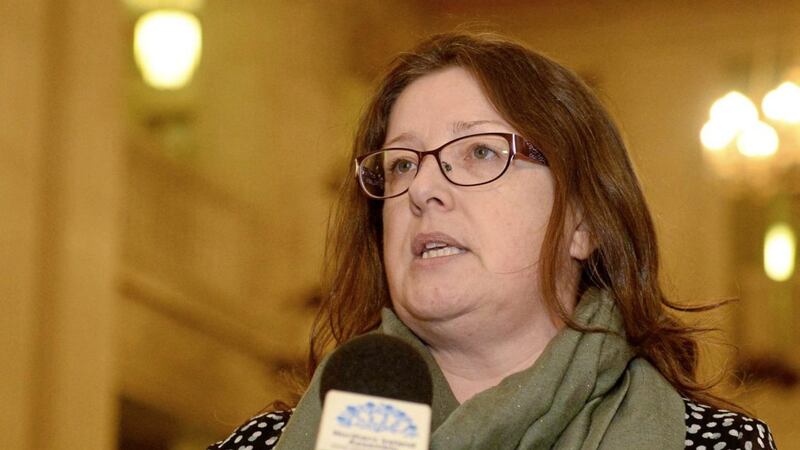THE Integrated Education Bill introduced by Kellie Armstrong of the Alliance Party is a welcome development.
Even though schools by themselves cannot prevent sectarianism, encouraging more people to have their children educated together can only be a good thing.
Obviously, the bill had flaws. There is only a limited amount of finance available for the education system and no part of the system should be elevated above another.
This reservation seems to have been central to concerns of some of those who opposed the bill.
Doug Beattie, the loquacious leader of the Ulster Unionists, was entirely correct not to misuse the much-abused petition of concern to halt the bill.
The petition of concern has been used as a line of defence by political parties who know they have lost the argument.
In the Assembly term 2011-16, it was deployed no fewer than 115 times. It was used to delay legislation by the DUP on 86 occasions and by Sinn Féin/SDLP 29 times.
Legislative reform of education does not merit the use of the petition of concern.
The hyperbole surrounding Ms Armstrong’s bill was overplayed by those for and against the legislation.
All sectors in our oversized education system will still exist when the Alliance bill comes into effect as law.
And that’s the real problem. There are simply too many empty school desks across Northern Ireland – some estimates put the figure as high as 50,000. Bizarrely, there is also serious over-capacity in some schools where the local demographics have changed due to our new populations.
At times, the sectoral interests in education have been too strong and this has influenced the direction of education policy and spend.
It’s plainly a nonsense to maintain two separate teacher training colleges in Northern Ireland.
Everyone knows this to be true but few are willing to say it out loud. There was a proposal to amalgamate both colleges within Stranmillis but this went nowhere because of stiff opposition.
It may have had a better chance of success if the proposal integrated the Stranmillis campus onto the St Mary’s site.
The Royal and St Mary’s are amongst the largest employers in west Belfast and it would hit the local economy hard if the St Mary’s campus was to close.
Leafy south Belfast is hardly an area of economic deprivation and no doubt Queen’s would soon swallow up the Stranmillis campus for its expanding empire.
But the amalgamation should take place not least because Northern Ireland is comprised of more than simply two communities. If Belfast is to grow economically it needs at least another quarter of a million residents to add to its cosmopolitan mix. These new residents won’t be marching on the Twelfth or attending republican commemorations in Milltown cemetery.
So policy making in Northern Ireland requires a seismic shift in terms of thinking.
Instead of allowing some idiots to peddle sectarian nonsense about how many Catholic or Protestants are holding top senior civil service, policing or judicial posts, there should be more concern about how many are drawn from ethnic minorities.
The recent report by the NI Affairs Committee is to be commended for highlighting this inflated fixation with orange and green by policy makers.
Political parties also should be looking for more inclusive representation of minorities within their own ranks. We need more representatives like Black Lives Matter activist and now SDLP councillor Lilian Seenoi Barr in public life.
All that said, there is much merit in dissing the populist myth that schooling in faith-based schools equates to sectarianism.
This writer is a product of the same Catholic education system that gave us John Hume. Faith-based schools are neither narrow nor insular. They are a choice.
Just in the same way supporting constitutional nationalism or unionism is not sectarian. It’s also simply a legitimate and principled choice about how we want to live and be governed.








